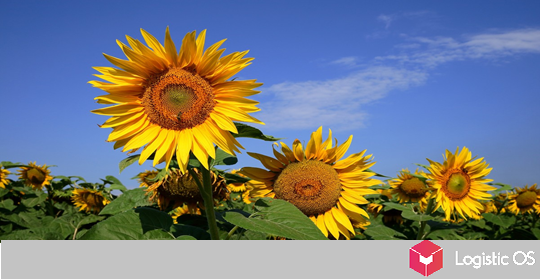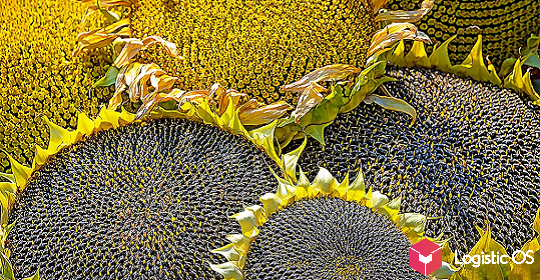According to a number of experts, high-quality marketing and export can become factors in the further development of seed selection and production in Russia.
Russia is successfully moving towards import substitution of seeds, but some obstacles need to be overcome along the way. This was reported by Mark Gekht, Managing Partner of the Ruseed seed selection company.
In his opinion, one of the problems is marketing.
Russian seed producers are already experiencing virtually no difficulties in conducting selection, developing new varieties and producing a sufficient amount of seeds for sale.
However, the market demand for these seeds is still questionable, which is a significant restraining factor.
First of all, it is necessary to build up the competencies of sales managers, consultants and other specialists who are directly involved in the sale of finished products. To do this, it is worth implementing all successful Western practices.
The second way to increase sales could be to use not only traditional offline platforms, but also marketplaces, online stores and other seed distribution channels.
In parallel, of course, it is worth working hard to improve the quality of finished products.
The initiative of the Ministry of Agriculture, which plans to extend quotas for import of seeds from unfriendly countries to Russia, could be a significant help to Russian farmers.
It is assumed that this measure will be extended in any case.
As for specific import volumes, they will be calculated taking into account the production capacities of Russian enterprises.
By the way, if we talk about import of corn and sunflower seeds to the Russian Federation, such supplies should become zero or close to zero in the near future, experts emphasize.
It is obvious that given the extremely small number of alternatives, Russian farmers will have practically no choice but to buy Russian seeds.
However, improving the quality and brand recognition still remains a very important task, since the ultimate goal is not just to saturate the Russian market, but also to start sending their products for export, experts note.
At the same time, another important task is to combat counterfeit and falsified products.
There is data that in 2011 its share was 33%, and by 2022 it had decreased to 8%. However, now, after the departure of many Western suppliers, it has again grown to 15%.
Moreover, it is mainly imported seeds that are falsified, and this is another reason to develop our own production in the Russian Federation in order to get away from dependence on foreign supplies.

